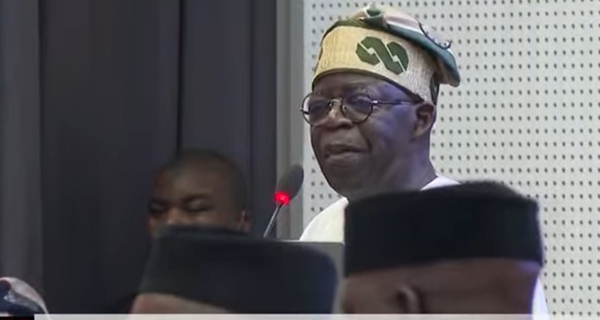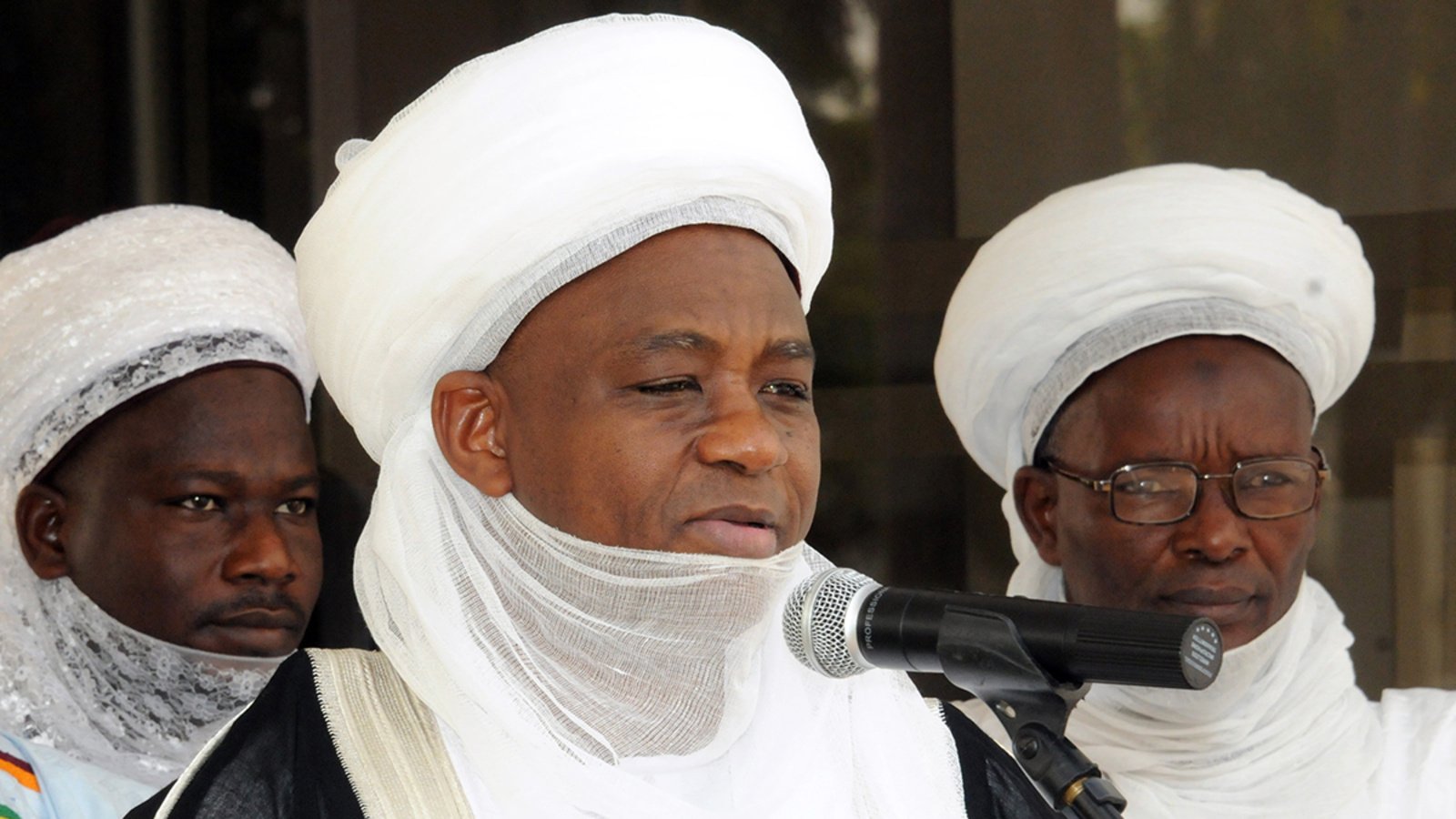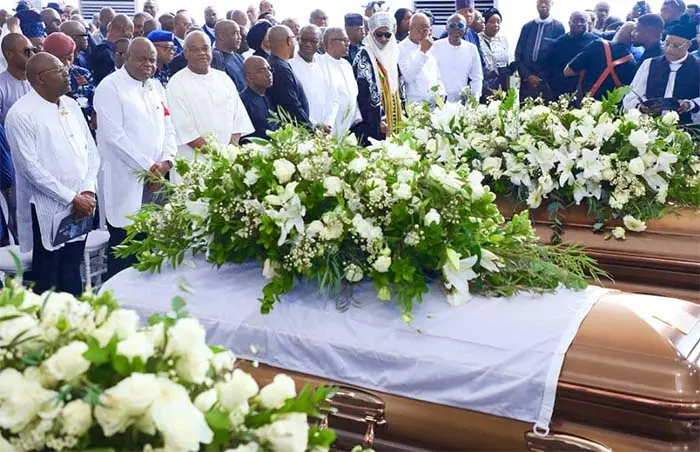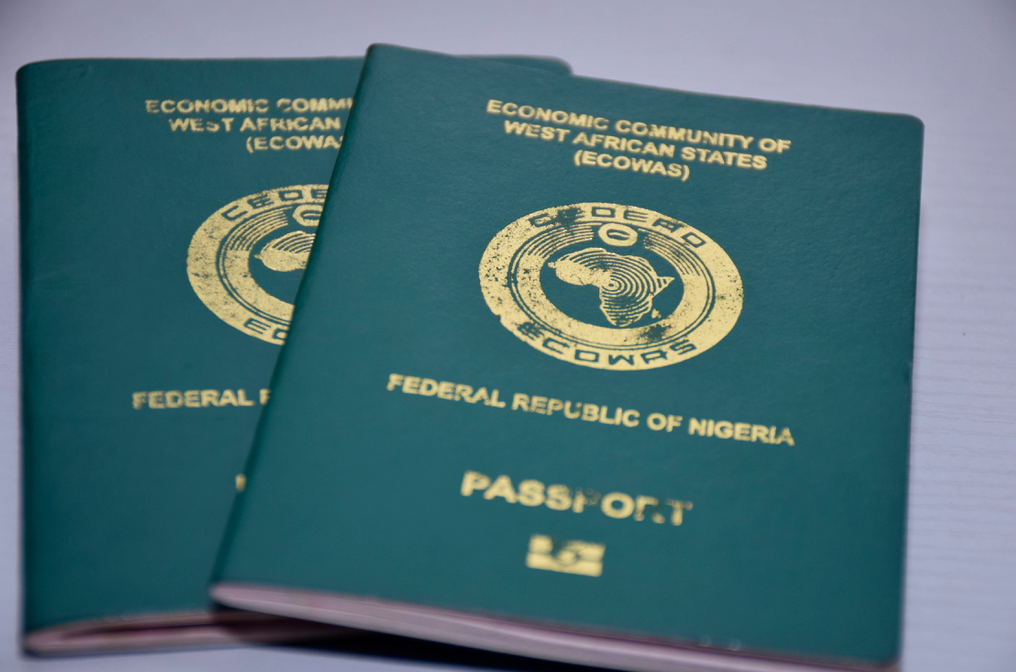President Bola Tinubu has directed a reduction of the oil and gas contract timeline from three years to six months.
Olu Verheijen, special adviser to the president on energy, who disclosed this during a ministerial press briefing on March 8, in Abuja, said Tinubu also directed the same timeframe for project delivery.
Verheijen said benchmarking and analysis revealed the contract cycle takes up to 36 months.
She said compressing the cycle to less than six months corresponds with global averages.
Advertisement
“This will expedite the delivery of oil and gas products to the market and enhance overall value for the country,” Verheijen said.
The special adviser said it is necessary to address the fundamental issues in the sectors to attract capital as no one would invest in Infrastructure if there is no assurance.
“So, if gas suppliers are not making any investment because the fiscal terms of the business environment is a very difficult one in which to invest in, then it will be difficult to continue to mature mainstream projects and downstream projects because you have to deal with the ab initio problem which is gas supply,” she said.
Advertisement
“And that is exactly what President Bola Ahmed Tinubu has done by fast-tracking these policy directives to ensure that we have sufficient gas supply whether we’re trying to export, whether we’re trying to compress natural gas or liquefied for domestic use, whether we’re trying to have floating energy as an alternative ways of getting gas into the market, all of those things are enabled by these policies.”
PRESIDENCY SAYS FG HAS RIGHT TO INTERVENE IN PRICE DESPITE PETROL SUBSIDY REMOVAL
Amid reports that petrol subsidy has been restored, Verheijen said the government has the right to maintain price stability when it fluctuates to prevent social unrest.
Last year, on December 13, the World Bank hinted at a partial return of subsidy in Nigeria, saying petrol should cost N750/litre and not N650 being paid by Nigerians.
Advertisement
Verheijen said the government is only working assiduously to ensure price stability.
“The question of subsidy, the subsidy was removed on May 29, 2023,” she said.
“However, the government has the prerogative whether in the US, in the West or other Eastern countries, all governments have the prerogative to maintain price stability and prevent social unrest.
“So if prices are moving, they reserve the right to intervene. It started in the US during COVID. There was a lot of expansionist moves but also subsidies.
Advertisement
“All governments deserve that right. And so if for whatever reason the administration has reviewed that it is not the right time to have prices continue to fluctuate given the level of hardship in the country, given inflation, the government has the right to intervene intermittently.
“All governments do so but it does not take away the fact that the subsidy was removed.”
Advertisement
The return of petrol subsidy had also been echoed by the International Monetary Fund (IMF) in its ‘Post Financing Assessment (PFA)’ report on February 12.
The Bretton Woods institution said the government capped retail petrol prices, indicating a partial reversal of subsidy removal.
Advertisement
IMF recommended a complete phase-out of the subsidy.
Advertisement
Add a comment







